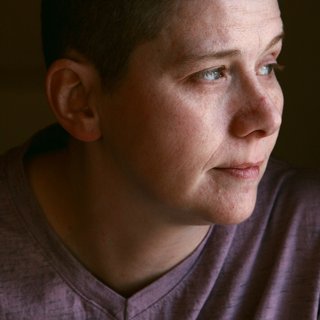Dasatinib approved for clinical use on NHS Scotland
Scotland
The drug, dasatinib, is now approved for the treatment of adults with a form of leukaemia - Philadelphia chromosome-positive (Ph+) acute lymphoblastic leukaemia (ALL) - on the NHS in Scotland.

Researchers undertaking blood cancer research
What is Ph+ acute lymphoblastic leukaemia?
It’s a form of leukaemia that develops because of a specific genetic fault that’s only present in the abnormal cells, not throughout your body. Around 60 people are diagnosed with this form of blood cancer per year in Scotland.
It is not the sort of genetic fault that can be inherited. And while survival is around 90% in children, it drops to only 30 or 40% in adults, with the risk of people’s cancer coming back high.
So, what is dasatinib?
The drug, dasatinib, is a second-generation tyrosine kinase inhibitor (TKI) and is taken orally as a tablet. It works by blocking the abnormal protein, tyrosine kinase, which is produced by the leukaemia cells.
In 2007, the drug was not approved by the Scottish Medicines Consortium for use within NHS Scotland. However, the drug is now off-patent meaning other pharmaceutical companies can begin to manufacture the product and generic versions are available.
Clinicians and charities including ourselves have since advocated for the drug to be available on the NHS in the country.
How was it approved and what was it approved for?
Now the National Cancer Medicines Advisory Group (NCMAG) programme has approved it for use on the NHS in Scotland. The NCMAG provides advice to NHS Scotland on the clinical and cost-effectiveness of the use of certain cancer medicines that are out of remit of the Scottish Medicine Consortium, the country’s primary drug regulator.
Following the decision dasatinib is now supported for the treatment of those newly diagnosed with Ph+ ALL alongside chemotherapy, and also to those who are resistant to or intolerant to existing therapies. Your healthcare team will be able to tell you if you are eligible.
What our experts say
Dr Gillian Horne, from the University of Glasgow, who alongside colleagues, has campaigned for dasatinib to be approved for routine use on the NHS said:
“It is important that we have alternative targeted treatments for this aggressive blood cancer.
This drug can give positive and longer-lasting responses compared to the drug imatinib which has routinely been used. "
- Dr Gillian Horne
Josh Hill, Scottish Policy Officer from Blood Cancer UK, said:
“We’re pleased to work alongside blood cancer clinicians to see access to dasatinib on the NHS in Scotland. It’s great news for people in Scotland but there’s hope that this could spark conversations about it’s availability in the rest of the UK.”


